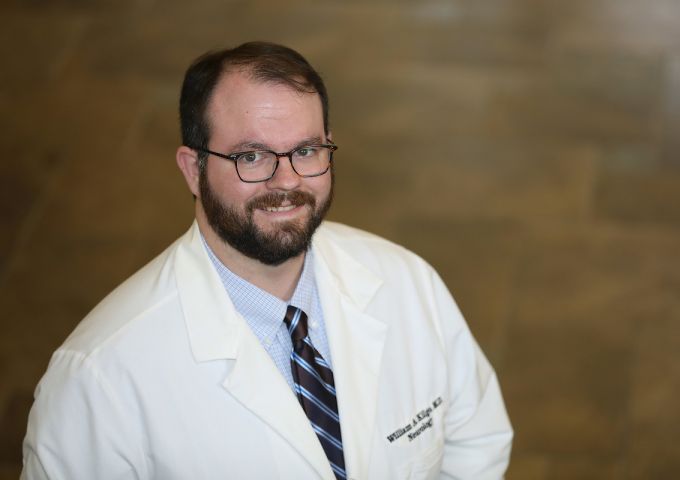
USA scientists find novel mechanism underlying castration-resistant prostate cancer
Researchers identified MYB as a target protein of interest in the treatment of certain prostate cancer patients.
By Lindsay Lyle
lalyle@health.southalabama.edu
Researchers at the USA Health Mitchell Cancer Institute and the University of South Alabama College of Medicine uncovered a novel mechanism that underlies castration therapy resistance in metastatic prostate cancer. Their findings were published recently in the British Journal of Cancer.
Patients whose cancer has spread beyond the prostate gland receive a type of hormone therapy, known as androgen deprivation therapy or castration therapy, as a first line of treatment. However, most patients with metastatic prostate cancer undergo relapse sooner or later, and the cancer comes back in a more aggressive castration-resistant form. This type of prostate cancer also does not respond favorably to alternative therapies, eventually leading to the patient’s death.
“Our findings unfold a novel mechanism underlying the failure of castration therapy and identify MYB as a target protein of interest,” said Mohammad Aslam Khan, Ph.D., a senior research associate at the Mitchell Cancer Institute and one of the project’s lead investigators. “We show that MYB supports the growth of prostate cancer when subjected to castration therapy by interacting and sustaining the transcriptional activity of the androgen receptor.”
Khan said their findings would push for the development of novel therapeutic approaches that either directly target MYB or block its interaction with the androgen receptor. “MYB may also be used as a biomarker to predict the response of patients to castration therapy beforehand, thus saving patients from unnecessary treatment and financial burden,” he said.
Sanjeev Srivastava, Ph.D., formerly a researcher at the MCI and currently an analytical scientist at Johnson & Johnson, co-led the project. Contributing authors include Seema Singh, Ph.D., a member of the Cancer Biology Program at the MCI and professor of pathology at the USA College of Medicine; Elliot Carter, M.D., professor of pathology at the USA College of Medicine; and Ajay Singh, Ph.D., head of the Cancer Biology and Cancer Health Disparities Programs at the MCI and professor of pathology at the USA College of Medicine. This research was funded through a grant awarded to Ajay Singh, Ph.D., by the National Cancer Institute/National Institutes of Health.
Khan expressed his gratitude to the research team for their collaboration, guidance and support. “I also would like to thank the Mitchell Cancer Institute and Department of Pathology for outstanding facilities and a scientific environment that nurtures young scientists like me,” he added.
Read the full article in the British Journal of Cancer.




